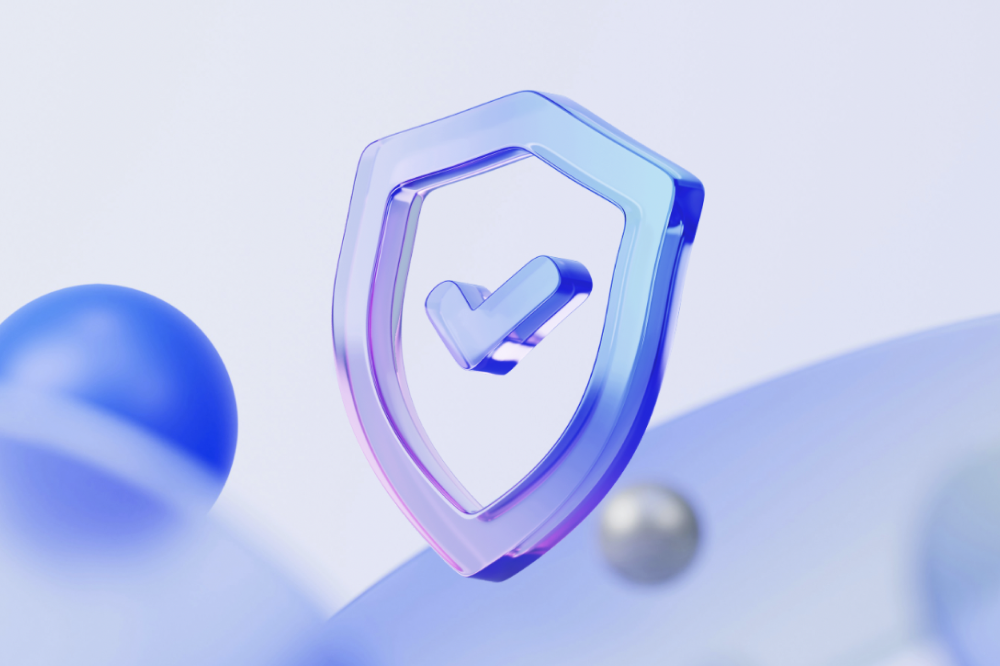The Rise of Social Media Impersonation and Ecommerce Counterfeiting
The importance of social media in our social and business worlds cannot be overstated. Social media and ecommerce are some of the most important and powerful tools in business today. They allow us to connect directly with consumers, target new markets, attract new buyers, and build deeper relationships with our customers.
However, brands are not the only ones using social media and ecommerce to their advantage. Counterfeiters are also looking for ways to leverage these powerful platforms, giving rise to rampant growth in online counterfeiting and business impersonation.
Online impersonation and counterfeit products have a direct impact on businesses’ profits and reputations. Counterfeit products not only attack the name of a legitimate business and the value of the products it offers but, in many cases, can cause harmful, and sometimes fatal, consequences for unsuspecting buyers.
Not long ago, customers were better able to easily identify fakes and distinguish between what they knew were genuine products vs counterfeit impersonations. But, in the world of ecommerce and online sales, the lines between real and fake products are becoming less and less clear. Sneaky infringers will even use a brand's legitimate logos, images, and other visually recognizable features to dupe unsuspecting customers into purchasing counterfeit products, or at a minimum leave customers guessing between what items are real and which are fake.
Worse yet, brands may be forced to compete against their own products. If a counterfeiter competes with your brand by offering customers a copy of your product at a lower price, your brand could lose sales to these cheaper fakes. In some industries, counterfeits have become serious competitors to real businesses, and they can gut a company’s cash flow if left to operate freely. Over €26 billion ($26.9 billion USD) is lost annually from counterfeiters in the fashion industry alone, and this problem extends across nearly every sector and industry.
Another malicious side-effect of counterfeiting is the potential for irreparable damage to a brand’s reputation when counterfeit goods are purchased. Since many customers aren’t aware that the product they’ve just bought is fake, when the knock-off item fails to work correctly, is inferior quality, or doesn’t meet their expectations, the customer blames the authentic company, damaging their reputation and brand image.
Customers might also leave negative reviews online, cementing the new reputation crisis and furthering the idea that the real brand makes low-quality goods.
Word of mouth is still one of the most powerful forms of marketing. So, when these customers receive poor copies of a product, negative word of mouth stating that the product is not up to scratch spreads like wildfire.
As a business owner you know that as hard as it is to incite positive word-of-mouth marketing, it’s almost impossible to come back from negative word-of-mouth suggesting that your product is poor quality or doesn't work as advertised.
With it being so easy to impersonate a business or brand online, now it’s more important than ever to ensure that your goods and products are protected and easily distinguishable against the backdrop of increasing fakes.
What Can You Do to Stop it?
The United States has a number of laws in place to protect copyright infringement and prevent the impersonation of people and entities. These laws are in place to protect both individuals and businesses from being taken advantage of by others. But, as you’ll read below, sometimes having laws and regulations in place isn’t enough to prevent others from trying to profit off your brand’s value and intellectual property.
During the last two decades, many countries have taken steps toward introducing legislation that makes product counterfeiting a criminal offense. The liability can either be based on general matters of criminal law, such as an attempt to defraud or result from provisions in trademark legislation.
However, despite the development in legislation, intellectual property rights (IPR) owners may still face difficulties in persuading enforcement authorities to take action against counterfeiters. This is due to a number of factors: i) counterfeiting is often given a low priority compared to other criminal offenses, ii) it may be difficult to uncover the full scale of a counterfeiter’s activities, and iii) the procedural rules are often too complex to make it worthwhile to enforce the law.
Rights owners also face several problems in trying to initiate administrative intervention in some countries, where they are often required to provide very specific information about the suspect consignment, which can be difficult to obtain and often includes high costs when applying for suspension.
But while intervention from authorities can be difficult or expensive to receive, more and more businesses are taking matters into their own hands through the use of online software that helps track, identify, and report counterfeit goods and products.
Software options like these offer multiple benefits to businesses, namely:
- Cheaper running and reporting costs than manual reporting
- Broader coverage over thousands of websites
- Higher removal success rates
- Specific market integration
Since most of the counterfeit products being sold are sold online, software targeting allows businesses to detect counterfeits and report them to the site administrators directly without having to take legal action in the country where the site is based or where the goods are being sold.
This approach makes detecting and removing counterfeit goods and impersonating profiles smoother and faster for ecommerce and social media businesses.
{{divider}}
Growing your business is one thing. Protecting it is quite another. In the past, removing and detecting counterfeit goods was a long drawn-out process that usually ended up being more expensive than first realized and far more time-consuming.
Today, with powerful software, like MarqVision’s, businesses are able to remove counterfeits and impersonators at the click of a button without having to deal with authorities and time-consuming processes.
Your business’s reputation is everything. The mental recognition people have when thinking about and interacting with your brand is the defining factor for long-term success. Growing your brand in a positive light is imperative to ensuring profitable business and brand solidity.
If you’d like to learn more about how you can protect your brand and prevent your market share from being stolen by counterfeit goods, visit www.marqvision.com, where one of our experts can help walk you through our process and show you our first-hand success case studies.
Stay up to date on the latest IP Protection content from MarqVision.
4 Enforcements a Week to 400: Scale Brand Safety with Marq AI

Don’t Just Find Counterfeits. Dismantle the Entire Network.

.png)
Discover the latest trends and challenges in IP protection

Take Control of Your Trademarks with MARQ Folio

Renew and Manage Your Trademarks Easily With MARQ Folio

We’re waiting to hear from you

See the best brand protection solution in action

Don’t let piracy steal your growth

Talk to us about your brand protection problems
















